BRIT schoolkids could get Covid jabs to stop the virus disrupting their time in education, health chiefs have confirmed.
Professor Chris Whitty said tonight that officials are looking into whether youngsters should get the vaccination – but the “big priority” is getting all over-18s inoculated first.

Read our coronavirus live blog for the latest updates
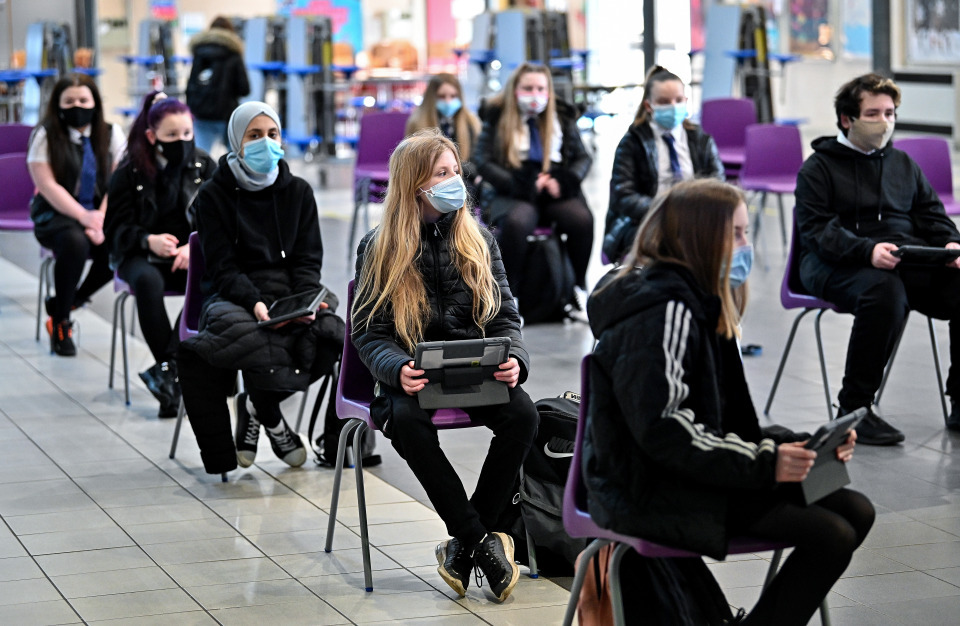
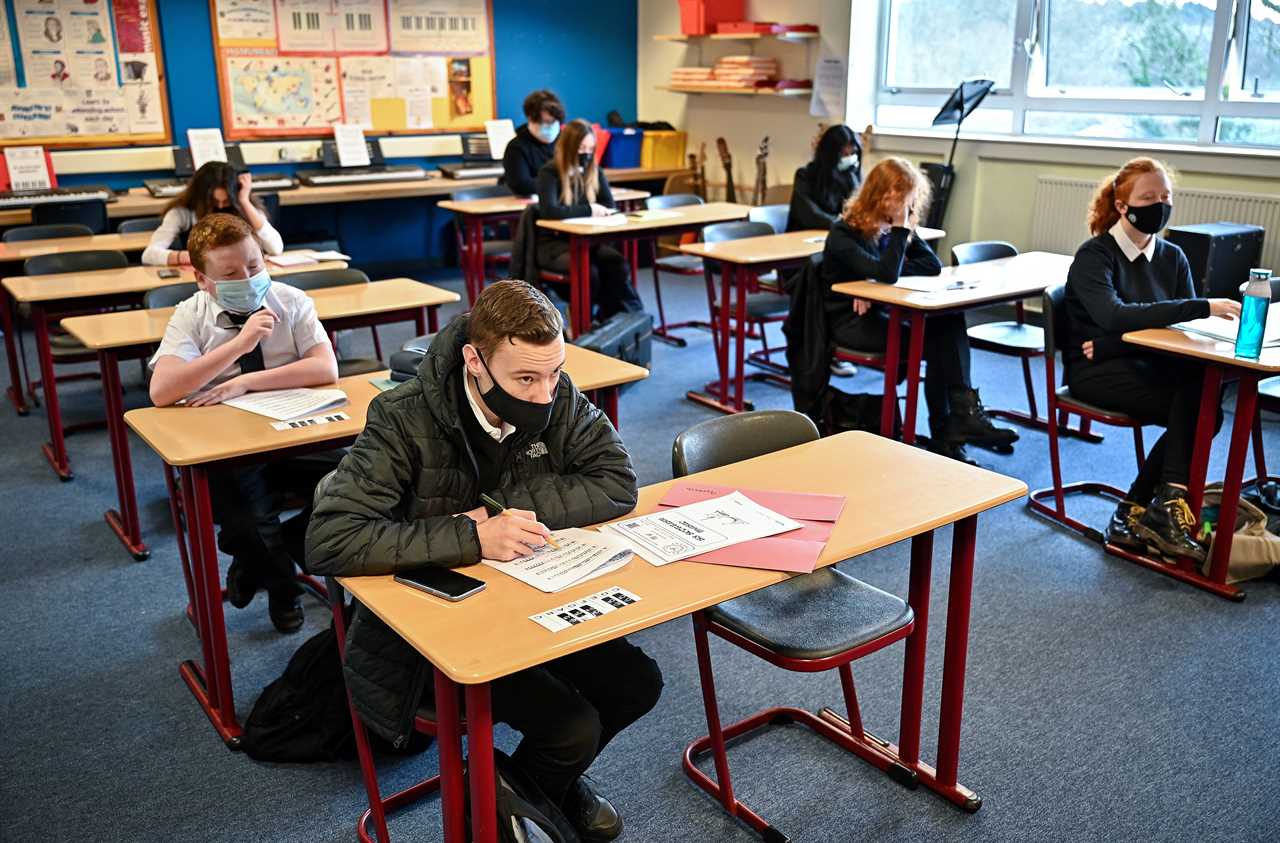
He spoke after the head of Britain’s biggest teaching union said children should be fully vaccinated before returning to school in September.
If the Government decides to vaccinate schoolchildren, this should happen “as quickly as possible”, said Kevin Courtney, the joint general secretary of the National Education Union.
News that children could be given the jab in a bid to keep schools open during a potential third wave comes as Boris Johnson announced ‘freedom day’ will be pushed back until July.
And in grim news, he said the world will never be free of the virus – and we must learn to live with it.
Boris Johnson announced:
- ‘Freedom day’ is delayed – as scientists warn of hundreds of deaths a day if we don’t hold back
- Lockdown will be reviewed again on June 28 – and he may relax rules on July 5
- The wedding guest limit will be lifted from June 21 as the venue can decide safe numbers, but the dance ban and face masks will stay
- The full list of businesses not reopening this month
- Everything you can and can’t do from June 21
- And he vowed not to delay July 19 even longer and is confident we will unlock fully in 4 weeks
- The Rule of Six will stay in place and outdoor gatherings will be capped at 30
- Millions more Brits in their 20s can book jabs from tomorrow
- Face masks and social distancing aren’t going anywhere for at least a month
Regulators have already started giving the green light to jabs for children.
Pfizer has been deemed safe for anyone aged 12 or over.
But despite that, ministers haven’t firmly come to a decision on whether youngsters should be vaccinated.
That’s because children are very unlikely to be badly affected by coronavirus – meaning the jab wouldn’t be given to protect their health, but to boost the chances of a return to normality.
And tonight England’s chief medical officer said officials are weighing up whether pupils could be vaccinated in a bid to ensure schools aren’t disrupted again in the future.
“There are two possible reasons you would want to vaccinate children, potentially, but with caution,” Prof Whitty said.
“The first would be those groups who actually are at high risk of Covid, and I think the JCVI [Joint Committee on Vaccination and Immunisation] will be putting forward advice on this about which of the groups they think are at particularly high risk.
“Those children, specifically, should be vaccinated to reduce the risk of them having serious disease and – in a very, very small number of cases, but it does happen, mortality.
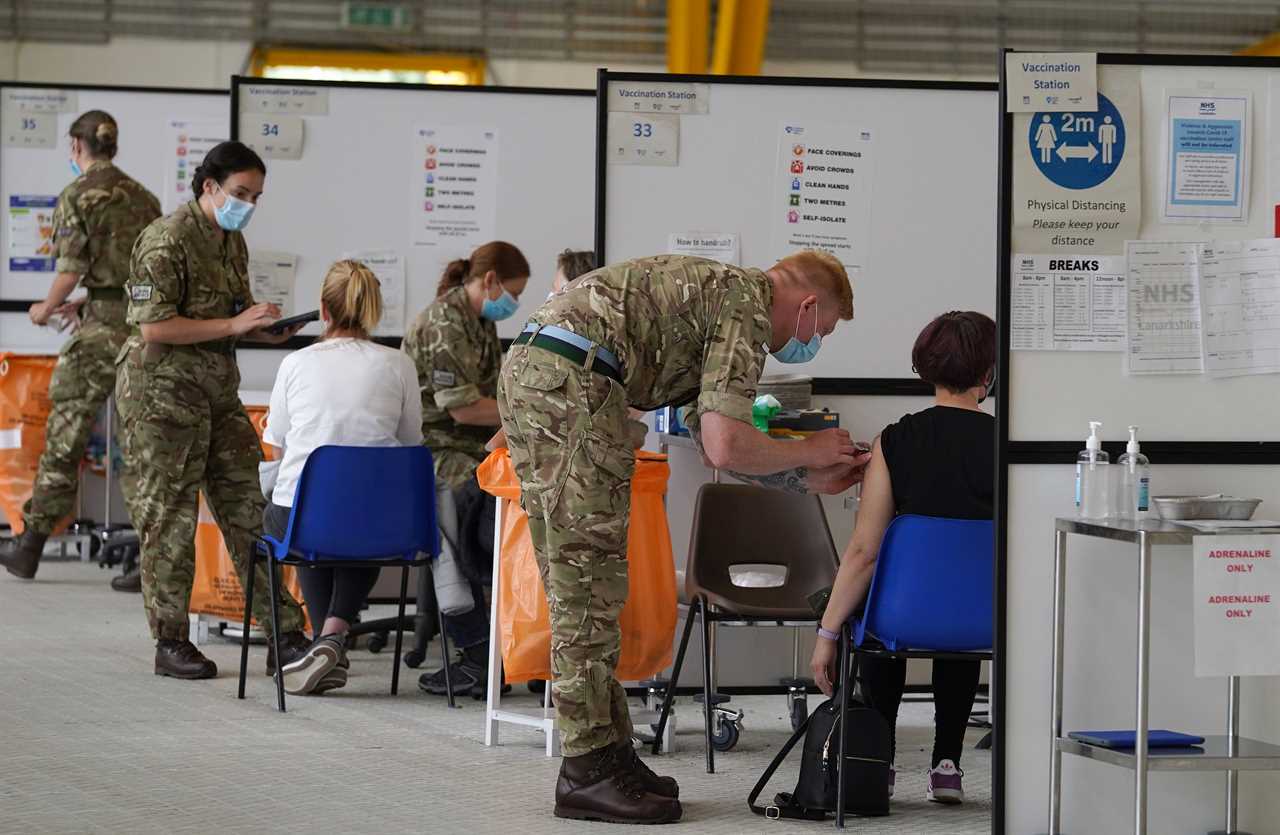
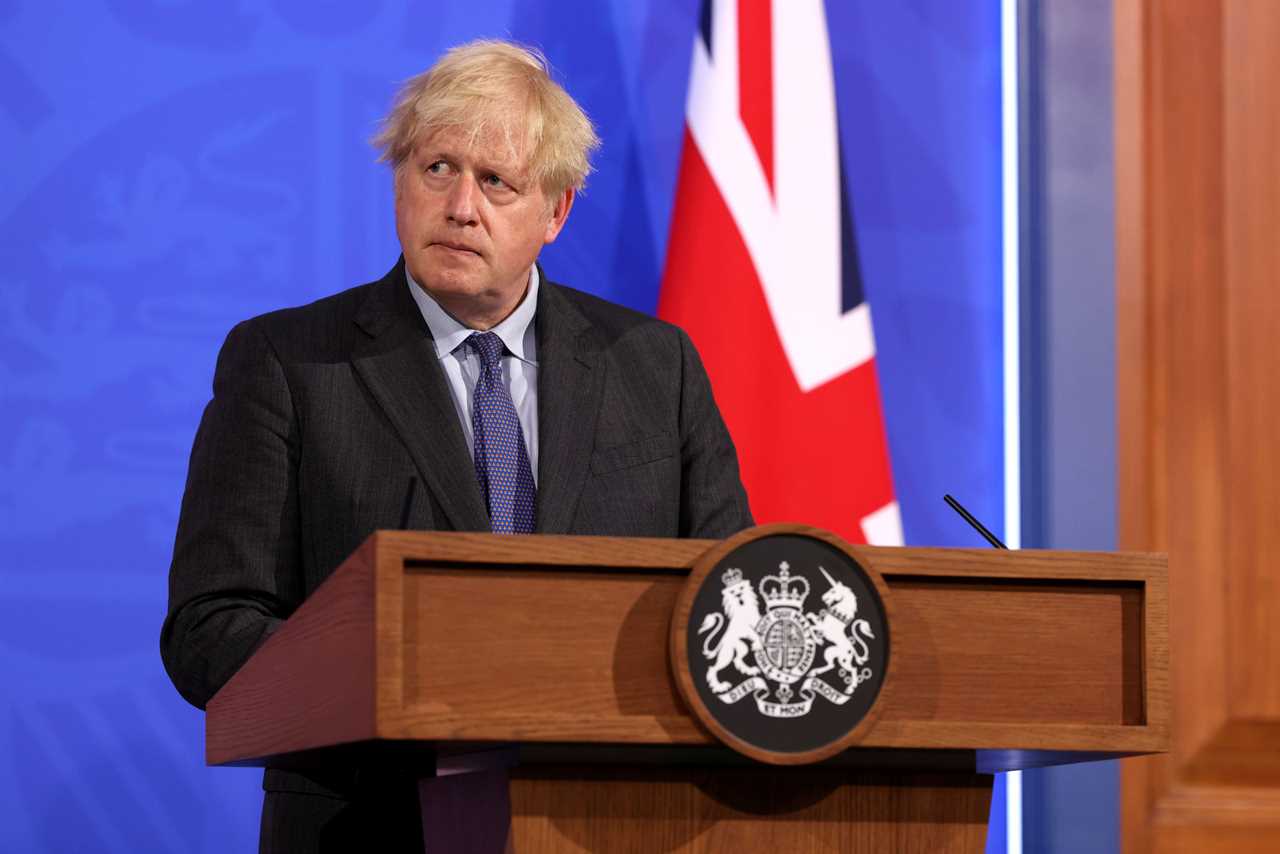
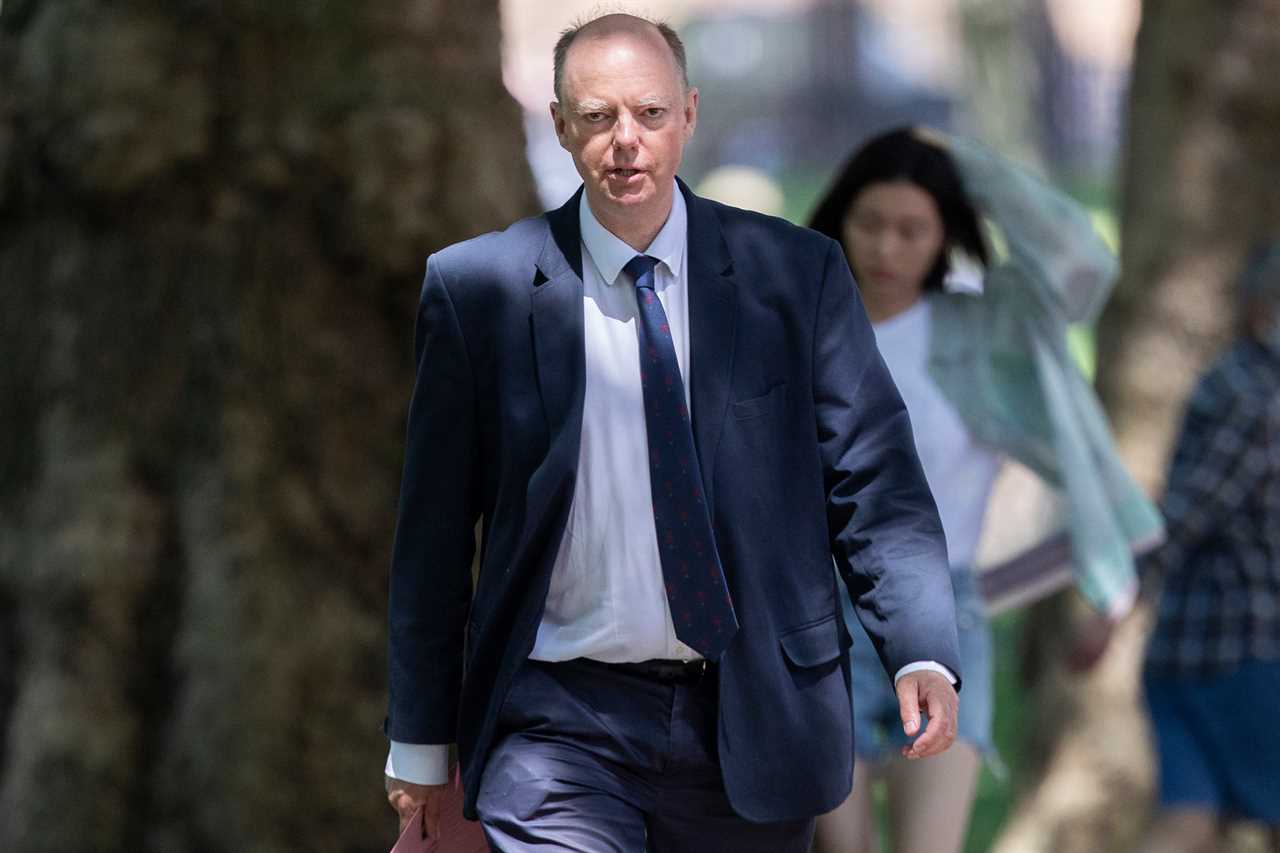
“But the wider question is around also the effect on children’s education.
“Are the multiple disruptions Covid might have going to have a very negative impact on their life chances, including the effect it will have on long-term risk of physical and mental ill health?
“This is going to be a decision that’ll have to be based on the data we have available.
“But at the moment the big priority, as the Prime Minister said, is getting through all the adults down to 18, making sure they’re vaccinated and then double-vaccinated.”
The decision on whether to vaccinate children could fall to Boris Johnson and his Government ministers, rather than health officials or scientists.
The JCVI is expected to offer a range of options to the PM once trials have been carried out. However, it won’t offer a definitive recommendation.
JCVI deputy chair Professor Anthony Harnden said last month: “We do know that the majority of children do not have huge risk of complications.
“Whether we vaccinate for educational purposes, whether we vaccinate to protect others in the population, these are the ethical issues, there are a lot of issues to think about.
“It’s a complicated position to decide on the immunisation of children, of course, then there’s the wider global ethical argument about the use of vaccine in children when there are other people in the world that are at risk of not being vaccinated.
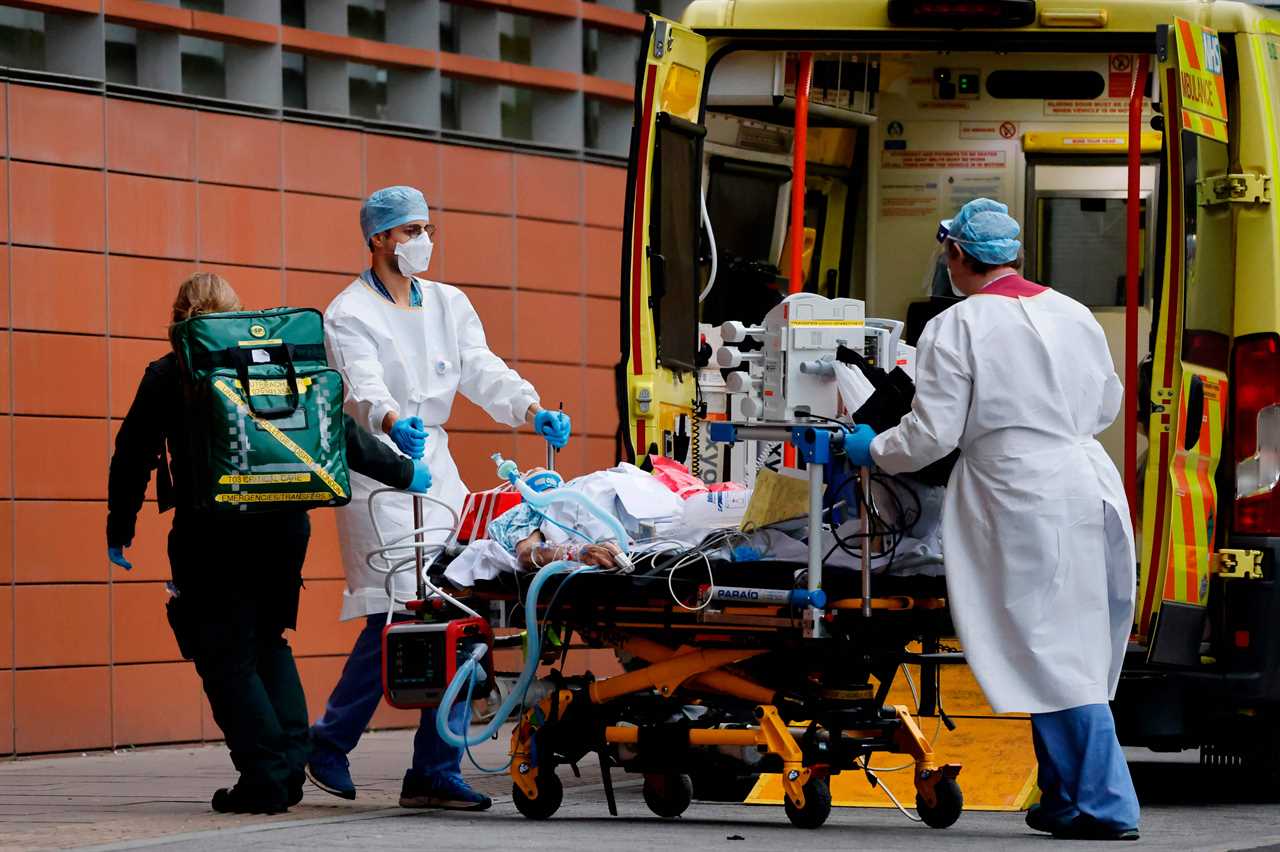
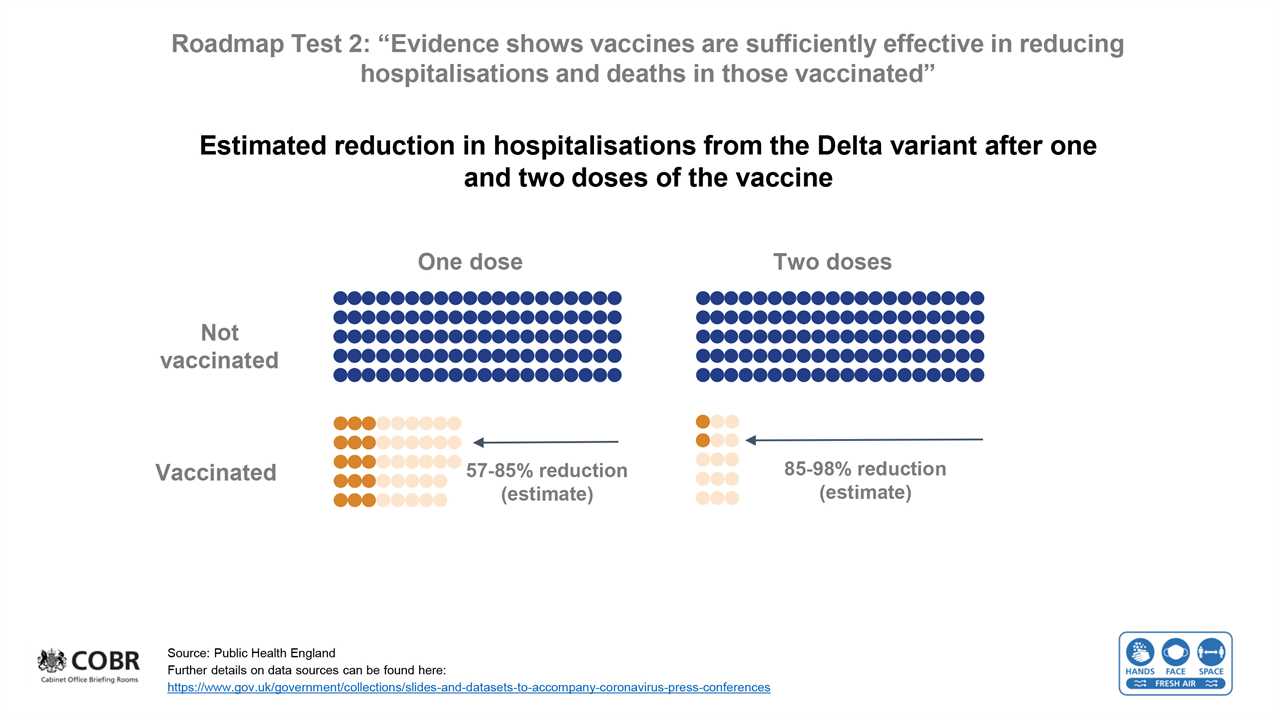
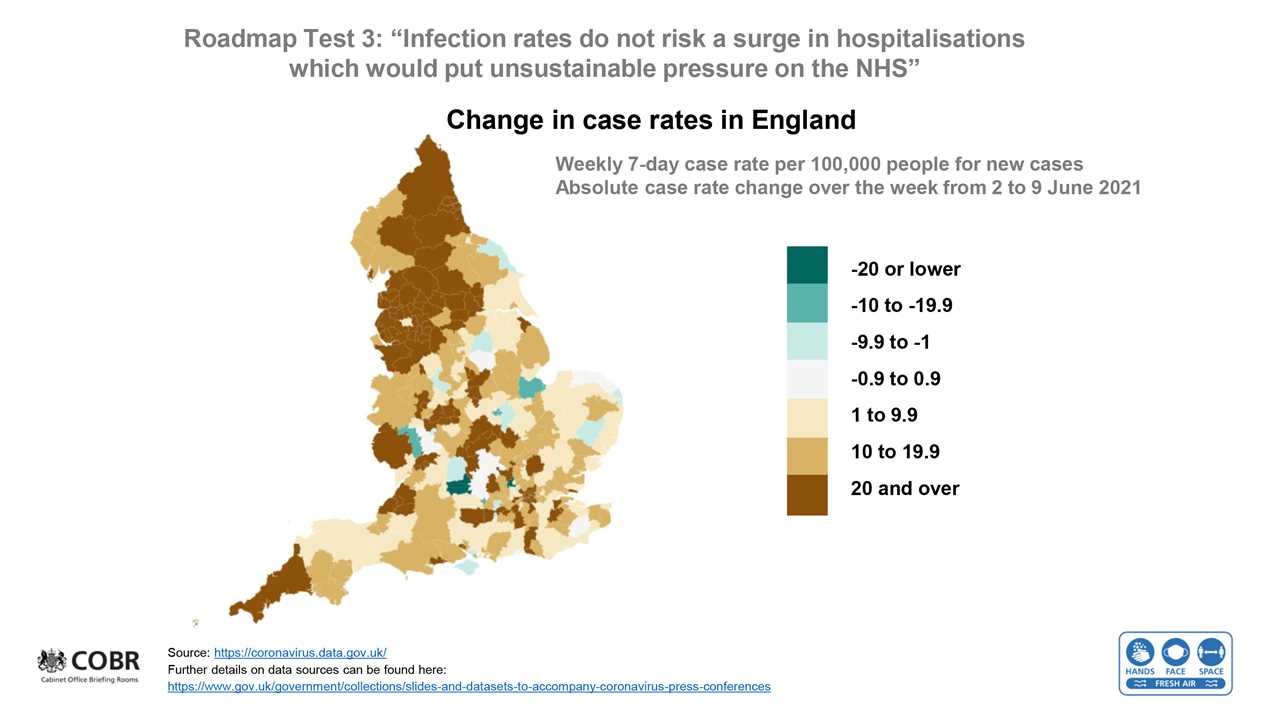
“So we need to think about all these issues, we probably will give the Government a range of options.”
Pfizer, Moderna, AstraZeneca and Janssen are all being tested on under-18s.
In its own clinical trial Pfizer found that the vaccine appeared 100 per cent effective. There were no serious side effects.
Even though Covid is rarely harmful to children, teens and school-age youngsters currently have some of the highest rates in the country.
Entire year groups can be sent home to self-isolate if one child tests positive – meaning there can be huge disruptions to learning.
Prof Whitty said tonight: “The key thing for children is safety.
“We know that the risks, in terms of of physical disease to children, other than for some children with significant pre-existing problems of physical health, are much, much lower than for adults.
“So you wouldn’t want to vaccinate unless the vaccine was very safe.
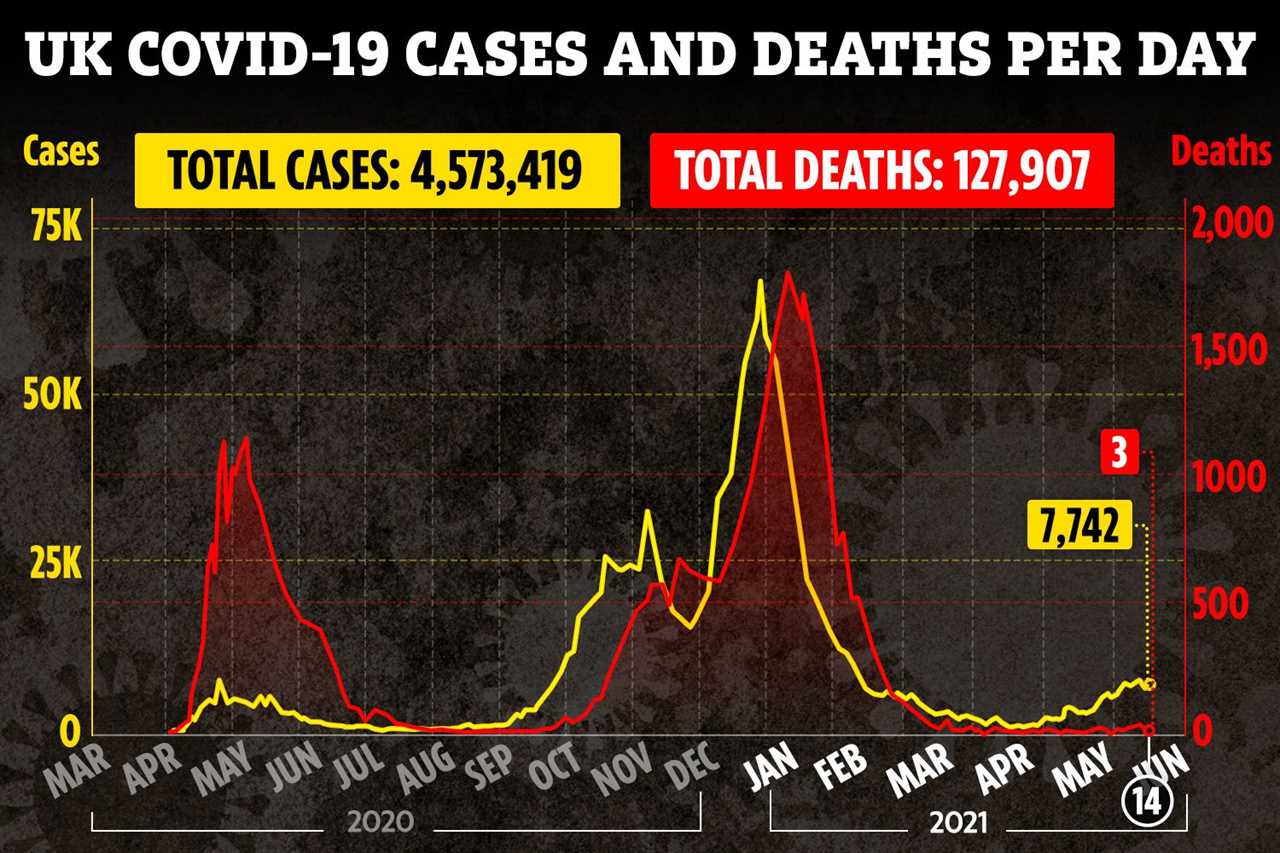
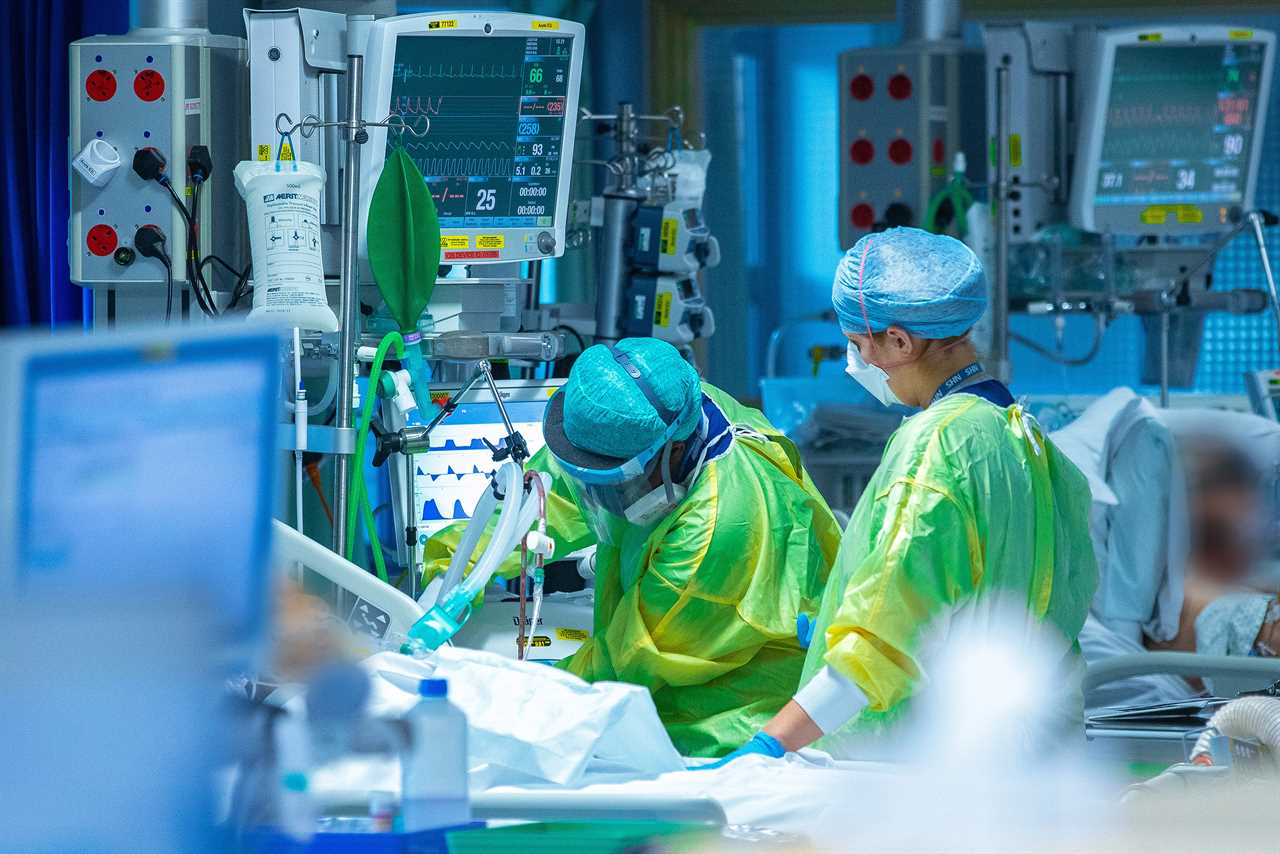
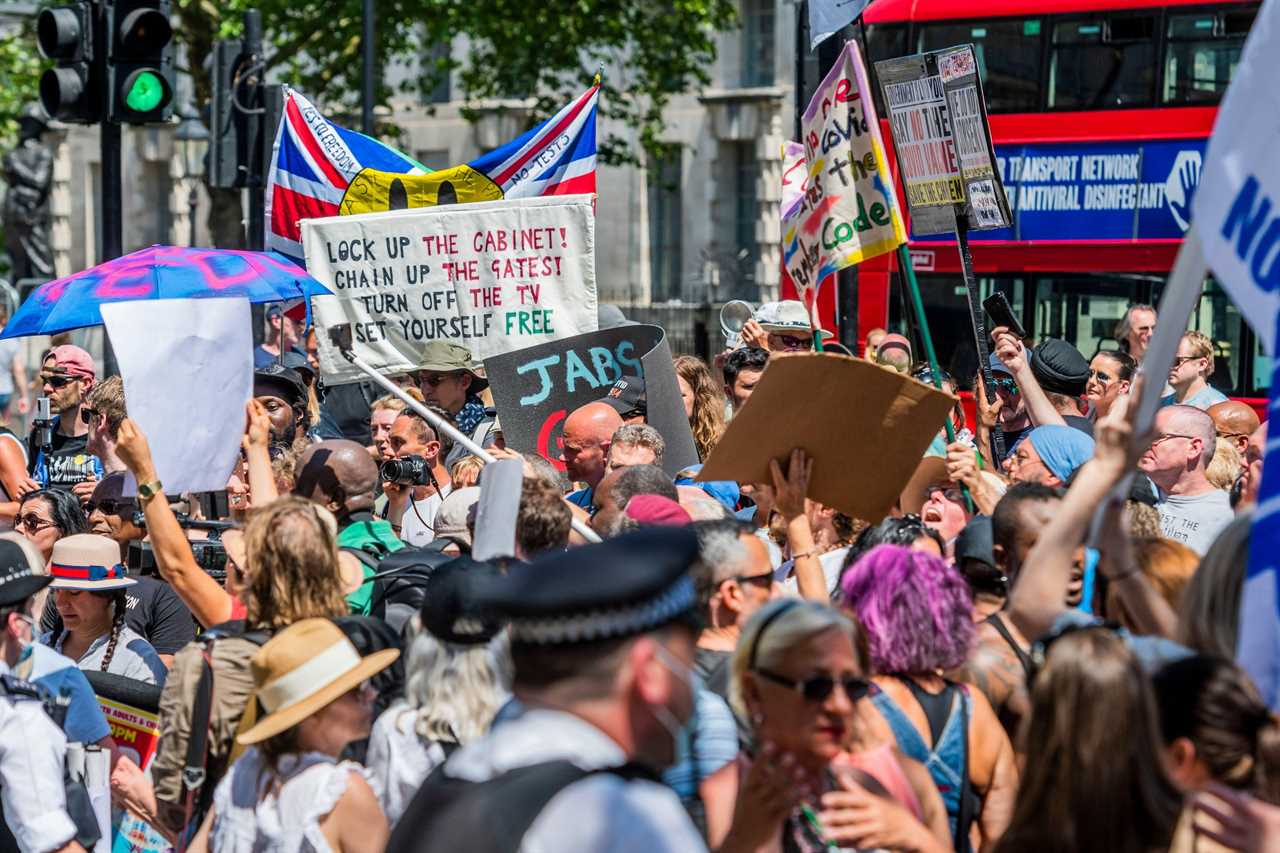
“Vaccines are now being licensed in some countries and we’re accruing safety data on the safety of these vaccines in children.”
A Department of Health spokesman said: “No decisions have yet been made on whether people aged 12 to 17 should be routinely offered Covid-19 vaccines.
“We will be guided by our expert advisers, and the Government has asked the JCVI for its formal recommendation. We will update in due course.”
The PM made the decision to delay unlocking after experts predicted 50,000 people could die during a third wave this summer.
The document revealed that a summer wave of infections, hospitalisations and deaths is “likely” – whether or not restrictions are lifted.
And scientists have warned the potential peak death rate could be reduced from 700 to 500 a day if the final stage in unlocking is delayed.
NO DECISION YET ON JABS FOR KIDS
The paper is just one projection – and may never be realised.
Mr Johnson said he’s “confident” the UK can end lockdown altogether by July 19, and possibly earlier if cases drop.
But he warned: “As we’ve always known, and as the February roadmap predicted, this opening up has inevitably been accompanied by more infections and more hospitalisations, because we must be clear we cannot simply eliminate Covid.
“We must learn to live with it. With every day that goes by, we are better protected by vaccinations and better able to live with the disease.”
The Indian – or Delta – mutation is driving surging cases of the virus.
Mr Johnson said cases are growing around 64 per cent week-on-week.
Positive tests in the worst-hit areas are doubling each week.
Meanwhile, the average number of people admitted to hospital is increasing by half week on week, and 61 per cent in the north-west.






